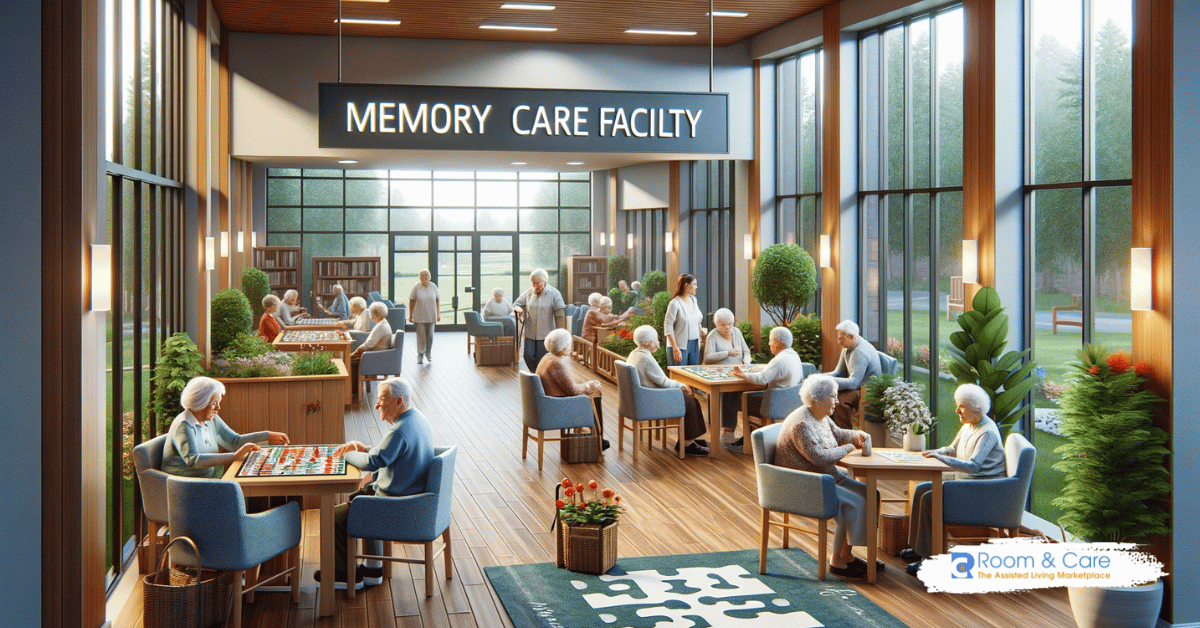Trusted Support and Compassionate Services for Alzheimers Care Charlotte
Trusted Support and Compassionate Services for Alzheimers Care Charlotte
Blog Article
Caring Alzheimer's Care for Your Liked Ones
Recognizing the psychological and mental requirements of people influenced by this problem is vital in enhancing their quality of life. As we explore the various techniques and methods that can change caregiving right into a much more caring experience, it comes to be clear that the journey is as much about the caretaker as it is concerning the individual with Alzheimer's.
Recognizing Alzheimer's Disease
Alzheimer's disease is a progressive neurodegenerative problem that mainly influences cognitive function, bring about amnesia, impaired reasoning, and changes in habits. It is the most common kind of mental deterioration, representing 60-80% of all instances. The disease commonly shows up in individuals matured 65 and older, although early-onset Alzheimer's can happen in younger individuals.
The pathophysiology of Alzheimer's involves the build-up of amyloid plaques and neurofibrillary tangles in the mind, leading to neuronal deterioration and synaptic loss. These modifications disrupt interaction in between mind cells, progressively impairing cognitive capabilities and day-to-day performance. Early symptoms might consist of difficulty keeping in mind recent occasions and challenges in analytic, which can rise to disorientation and trouble with language.
As the disease advancements, people may show profound memory shortages, confusion regarding time and place, and problem acknowledging enjoyed ones. Behavioral adjustments, including anxiousness, withdrawal, and frustration, may likewise occur. Understanding the medical development of Alzheimer's is crucial for caretakers and medical care service providers, as it educates effective monitoring approaches and treatments tailored to the demands of people impacted by this debilitating problem.
The Significance of Compassionate Care
Thoughtful care is important in sustaining people with Alzheimer's disease, as it dramatically improves their high quality of life. This technique prioritizes the emotional and emotional well-being of individuals, promoting a setting that advertises respect, self-respect, and understanding. Individuals with Alzheimer's often experience confusion, stress and anxiety, and disappointment, which can be eased with thoughtful communications.
Compassion in caregiving not just helps in identifying the distinct requirements of each individual yet also strengthens the caregiver-patient connection. When caretakers approach their duties with compassion, they create a safe room where clients feel valued and recognized, which can reduce behavioral obstacles related to the condition. This supportive environment motivates far better interaction and engagement, helping with a much more reliable reaction to the care offered.
In addition, thoughtful care extends beyond the individual; it additionally encompasses support for households. Caregivers who exercise empathy are extra equipped to deal with the emotional concern faced by enjoyed ones, offering confidence and advice with a difficult journey. Eventually, the significance of compassionate care lies in its capability to transform the caregiving experience, bring about boosted end results for both people with Alzheimer's and their households.
Practical Caregiving Methods
Efficient caregiving for individuals with Alzheimer's disease requires functional strategies that deal with the unique difficulties postured by the problem. One of the primary strategies is establishing a regular daily routine, which can give structure and familiarity, reducing stress and anxiety for both the person and the caregiver. Caregivers should also streamline jobs by damaging them down right into smaller sized, manageable steps, thus boosting the individual's feeling of accomplishment and decreasing irritation.
Communication is another essential facet; caretakers need to utilize clear, straightforward language and keep eye call to check promote understanding. Making use of visual hints, such as labels or images, can even more help understanding and navigating in the setting.
Security is critical. Adapting the space to eliminate threats-- such as protecting rugs or setting up grab bars-- can aid avoid accidents. Furthermore, caregivers ought to motivate self-reliance by enabling people to engage in familiar tasks, which can strengthen self-confidence and advertise health.
Emotional Assistance Strategies
Psychological well-being is an essential part of take care of people with Alzheimer's illness, as it directly influences their lifestyle. Alzheimers Care Charlotte. Giving emotional support strategies can significantly improve their everyday experiences and promote a complacency and belonging
One reliable strategy is energetic listening, which entails offering full attention to the individual, recognizing their feelings, and responding with empathy. This strategy helps the individual feel valued and understood, lowering feelings of isolation or irritation. In addition, utilizing recognition therapy can be advantageous; instead than dealing with misunderstandings, caretakers can attest the person's emotions and experiences, promoting a calming atmosphere.
Taking part in memory treatment is another powerful technique, enabling individuals to share stories, memories, and sensations connected with their past. This not only stimulates cognitive function but likewise strengthens psychological connections. Incorporating acquainted music or art can also evoke positive emotions and stimulate happy interactions.
Furthermore, guaranteeing regular physical touch, such as holding hands or mild hugs, can provide convenience and reassurance, enhancing emotional bonds. These techniques, when consistently used, can develop a nurturing ambience that sustains the psychological wellness of individuals with Alzheimer's, boosting their total wellness.
Developing a Helpful Atmosphere

Firstly, think about the physical layout of the home. Clutter-free areas, familiar furnishings arrangements, and well-defined paths can lower confusion and advertise movement. Making use of soothing shades and sufficient lights can further improve the environment, making it much more inviting and much less intimidating.
Secondly, uniformity is critical. Maintaining a foreseeable daily routine helps individuals with Alzheimer's feel much more protected. Familiar activities, regular dish times, and arranged social communications can substantially reduce anxiousness and disorientation.
Furthermore, sensory elements play a vital role. Integrating acquainted aromas, songs, and tactile items can evoke favorable memories and promote involvement. Personalizing the room with cherished photographs and meaningful things can additionally cultivate a sense of identification.
Final Thought
Compassionate Alzheimer's treatment substantially improves the lifestyle for individuals influenced by this progressive condition. By prioritizing emotional why not try these out well-being and executing reliable caregiving approaches, caretakers can foster an environment that advertises self-respect and belonging. Methods such as active listening and establishing consistent routines offer to ease anxiety while strengthening the caregiver-patient relationship. Inevitably, this approach not just gives necessary comfort and assistance but likewise equips individuals to navigate the complexities of Alzheimer's with self-respect and grace.
As we check out the numerous strategies and methods that can transform caregiving right into a more compassionate experience, it becomes clear that the trip is as much about the caretaker as it is regarding the individual with Alzheimer's.

Caring treatment is essential in supporting individuals with Alzheimer's disease, as it dramatically improves their top quality of life - Alzheimers Care Charlotte. Eventually, the value of compassionate care lies in its capability to change the caregiving experience, leading to enhanced end results for both individuals with Alzheimer's and their households
Compassionate Alzheimer's care substantially boosts the top quality of life for people influenced by this modern disease.
Report this page